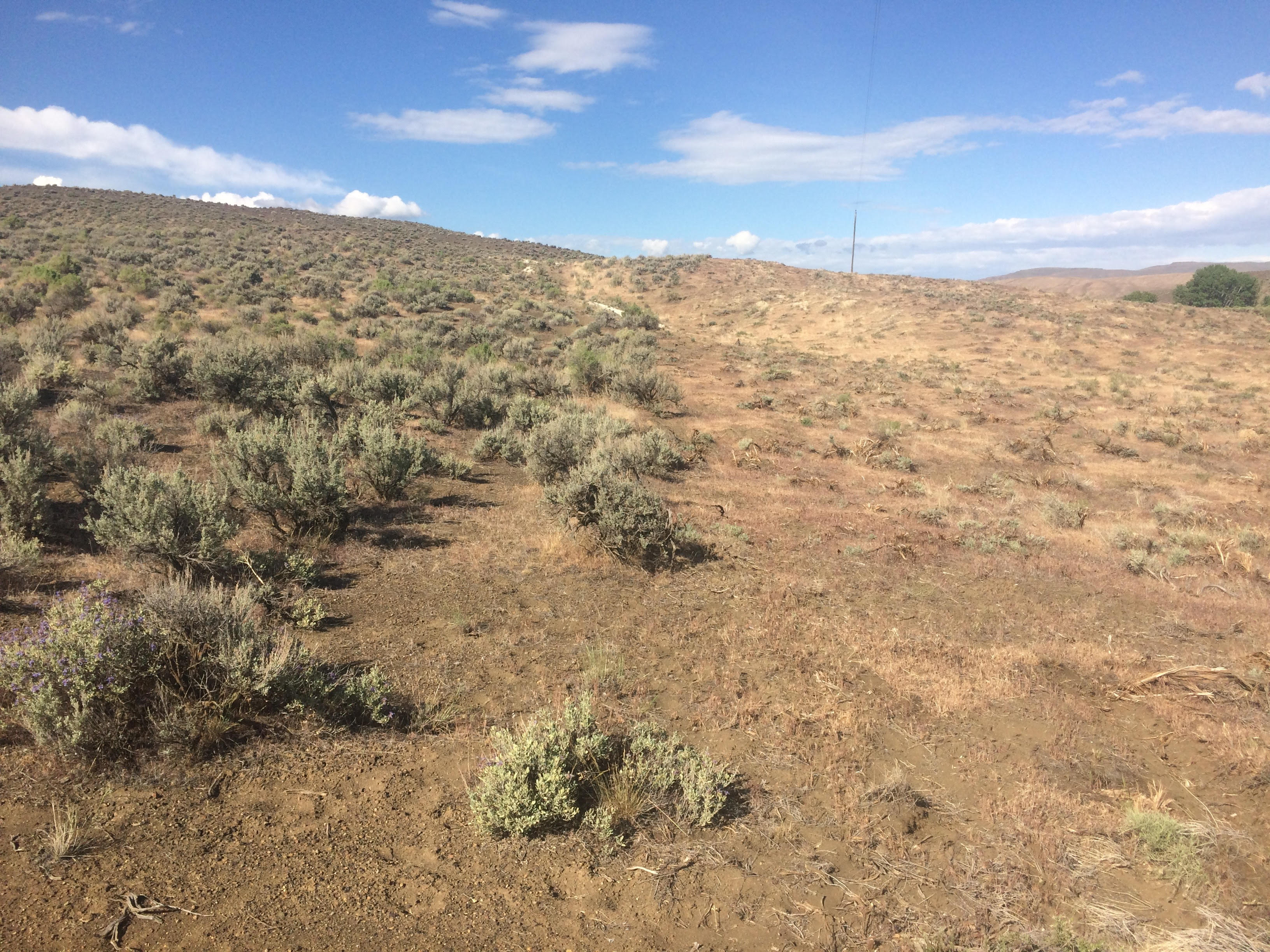Wildfire
-
The Deschutes National Forest with the blessings of the Deschutes Collaborative is busy cutting and degrading our forest ecosystems based on several flawed premises. First, they assert that 100 years of fire suppression has led to higher, denser stands, and secondly that has created what they term are “unhealthy” forests. Both are used to justify…
-
The recent guest commentary by Joe Prinkki and Joe Skinner, members of the Custer-Gallatin Working Group, supporting the logging of Bridger Canyon was full of misleading and scientifically inaccurate common myths about forest health and wildfire. The editorial asserts that the forest is “unhealthy” and at risk of death from wildfires and bark beetles. That…
-
Tree fire scars are used to reconstruct past fire occurrence. These historical reconstructions are often used to guide current forest management on federal lands. Trees charred but not killed by past fires often form scars where the cambium and inner layers were burnt by fires. A researcher can count the growth rings between scars and…
-
This past winter, the Bureau of Land Management (BLM) began preparing two Environmental Impact Statements to review the environmental consequences of creating a region-wide series of “fuel breaks” that will add thousands of miles of new linear pathways across the Great Basin portion of Nevada, Idaho, Oregon and Utah. The goal of fuel breaks is…
-
This past winter, the Bureau of Land Management (BLM) began preparing two Environmental Impact Statements to review the environmental of consequences creating a region-wide series of “fuel breaks” that will add thousands of miles of new linear non-sagebrush habitat across the Great Basin portion of Nevada, Idaho, Oregon and Utah. The goal of fuel breaks…
-
THE TARGETED GRAZING SCAM The Idaho BLM is implementing what is sometimes called “targeted grazing” with livestock in an effort to reduce large wildfires. The theory is that if livestock graze enough of the “fuel”, then large wildfires like the 600,000 Murphy Complex or the Soda Fire which burned across southern Idaho in recent years…

